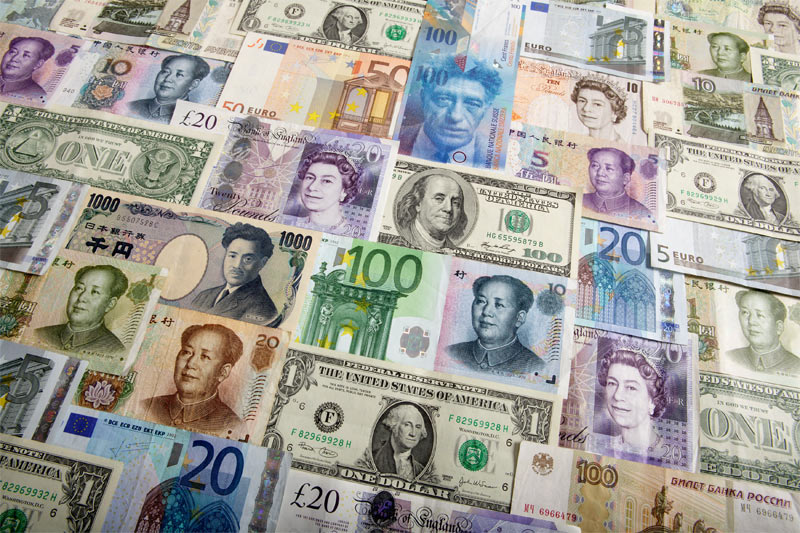* Profit taking knocks dollar off 7-month peaks vs basket of peers
* Dollar/yen still poised to gain 0.2 pct on the week
* Kiwi, Aussie stand extend overnight rallies (Adds details, quotes)
By Shinichi Saoshiro
TOKYO, Nov 20 (Reuters) - The dollar steadied against the yen and euro on Friday after retreating from a recent rally that took the greenback to 7-month highs against a basket of peers.
The dollar was firm at 122.895 yen JPY= after sliding 0.6 percent on Thursday, snapping a four-day winning run. The Bank of Japan's decision not to ease monetary policy further weighed mildly on the U.S. currency, though it was still enroute to scape out a 0.2 percent gain this week.
"Foreign players appeared to have cleared out positions before the long Japanese weekend, pushing the dollar lower. Japanese investors, on the other hand, are buying on price dips and preventing a further decline," said Kaneo Ogino, director at foreign exchange research firm Global-info Co in Tokyo.
The Japanese financial markets will be closed on Monday for a public holiday.
The euro was little changed at $1.0718 EUR= after gaining 0.7 percent overnight.
Traders saw the overnight decline in U.S. treasury yields more as a catalyst rather than a sole reason for the dollar's drop, noting the currency appeared ripe for profit taking after surging this week to a 7-month peak against a basket of currencies.
The dollar index stood at 99.070 .DXY , pulling back from a peak of 99.853 hit on Wednesday, its highest since mid-April.
The euro was still on track to lose 0.5 percent on the week after being buffeted by heightened prospects of the Federal Reserve hiking interest rates and the European Central Bank easing monetary policy next month.
ANTIPODEANS BULLISH
The New Zealand dollar, one of the strongest G10 currency performers this week, gained 0.5 percent to $0.6597 NZD=D4 , adding to a gain of 1.4 percent on Thursday when upbeat domestic producer prices data triggered a rally.
"NZD has been the best performing currency in recent months, confounding widespread expectation that lower milk prices and USD appreciation would drag it down," wrote Todd Elmer, Citi's Asian head of G10 FX strategy.
In August the kiwi slumped to a 6-year low of $0.6200 against the dollar in wake of global risk aversion following a tumble in Chinese stock markets, but it has since gained about 6.5 percent.
"Declines in the prices for New Zealand's main exports are clearly negative for the currency, but investors are probably under-accounting for the degree of support for NZD afforded by buoyant risk appetite and yield seeking," Elmer said.
The Reserve Bank of New Zealand has cut interest rates this year, but the country's government bonds still offer comparatively higher yields than debt from other industrialised economies.
The Australian dollar also stood tall after surging overnight on short-covering amid improved global appetite for riskier assets. The Aussie fetched $0.7207 AUD=D4 after rising from Thursday's low of $0.7103. (Editing by Simon Cameron-Moore)
